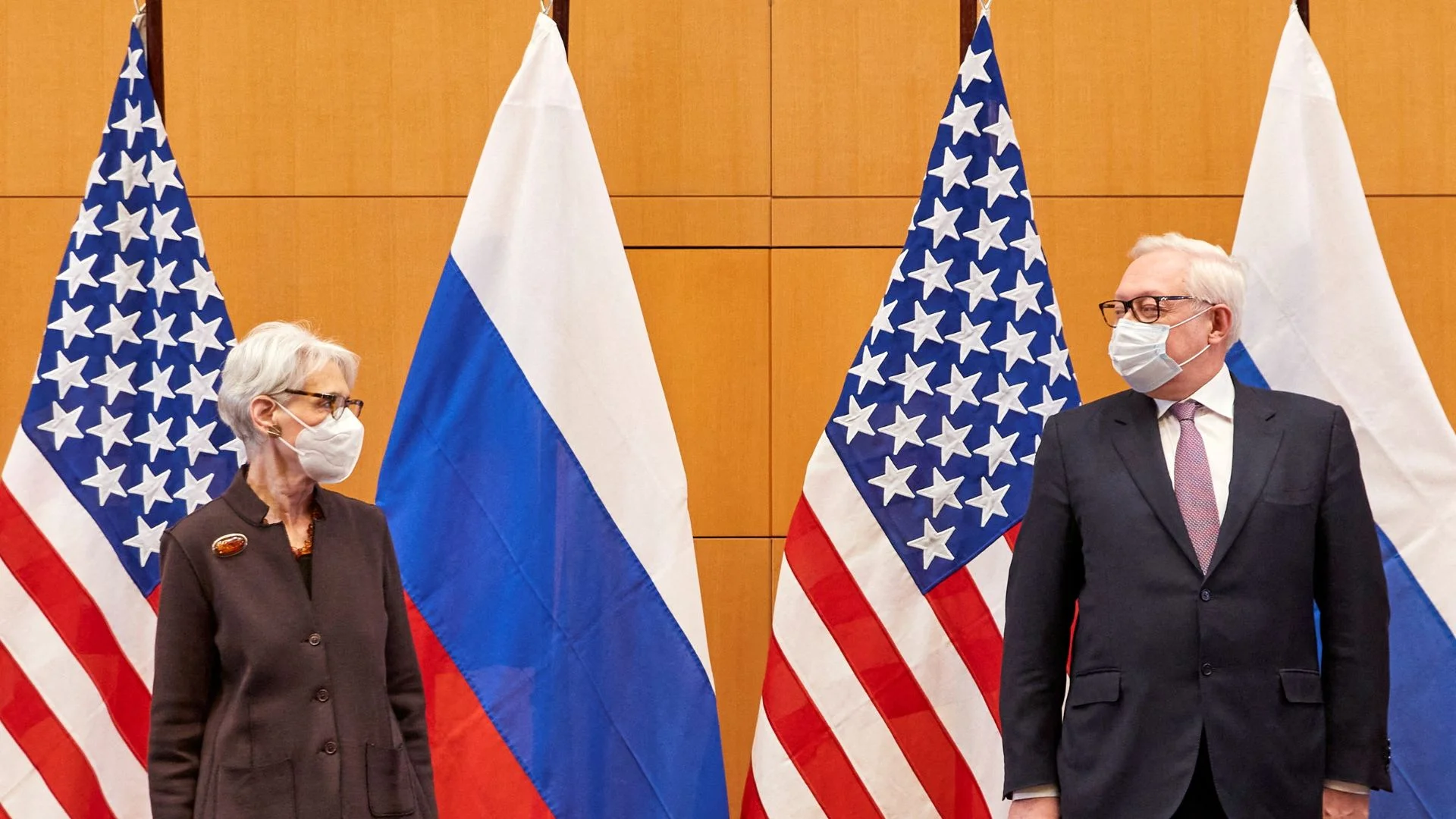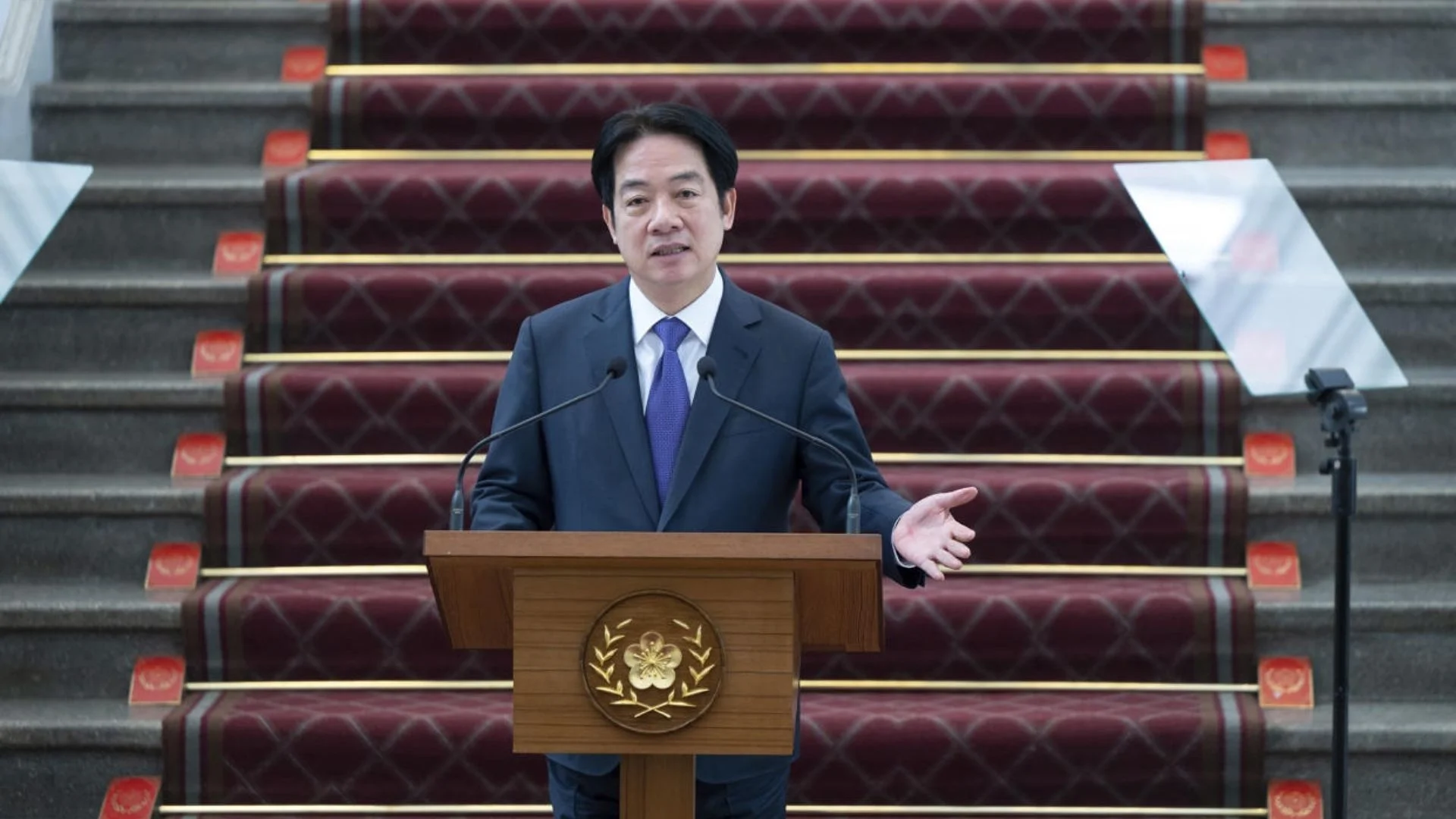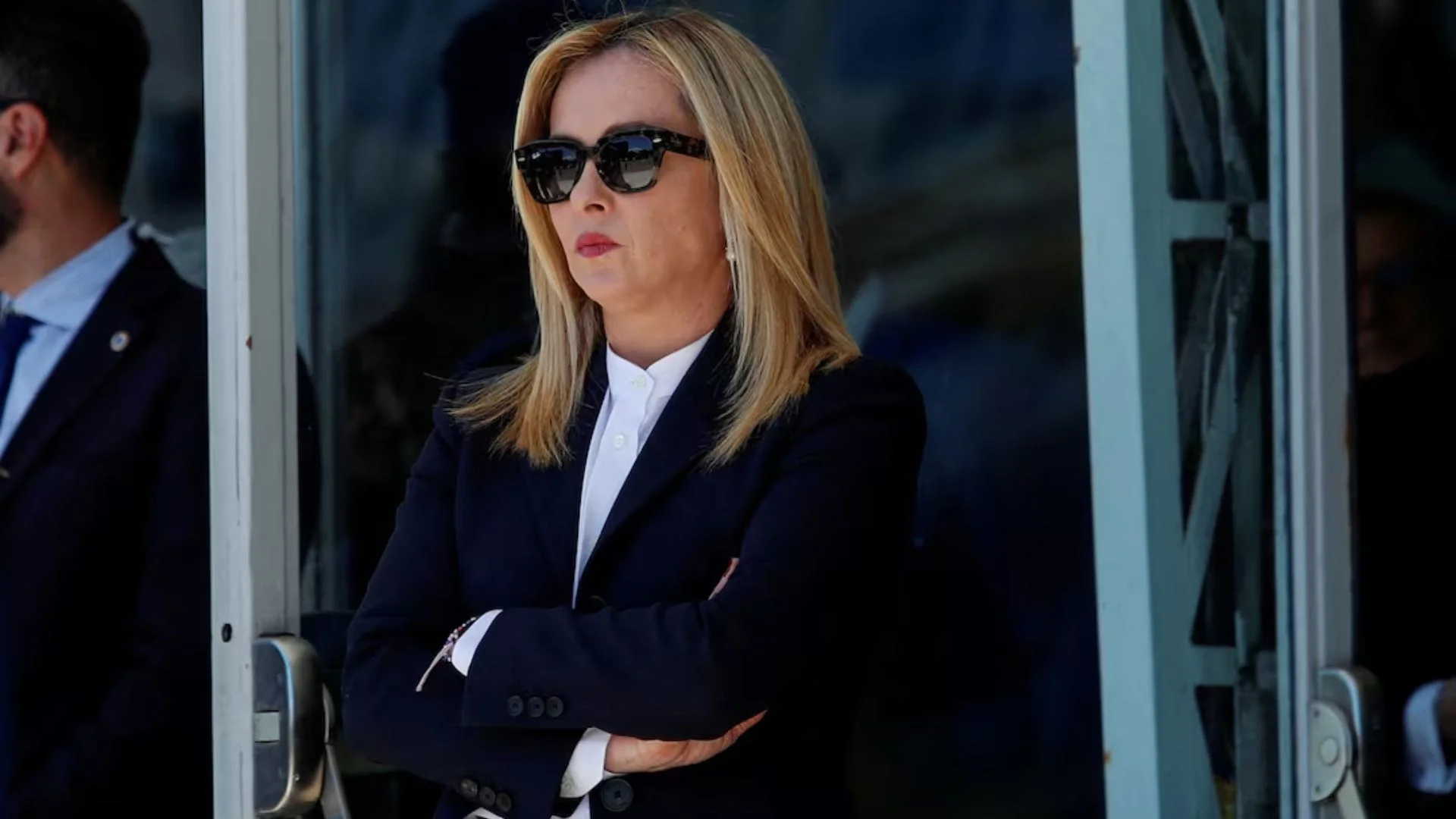In a tight confirmation hearing on Wednesday, Robert F Kennedy Jr could not provide satisfactory answers to questions about reforming Medicaid and Medicare, two essential health programs that millions of disabled, poor, and elderly Americans rely on. Kennedy, whom President Donald Trump nominated to head the Department of Health and Human Services, faced questions from Republican Sen.
Bill Cassidy of Louisiana about his plan to deal with Medicaid’s budget and structure. Medicaid, a taxpayer-funded program covering about 80 million Americans, could face cuts under Republican proposals to fund Trump’s agenda.
Kennedy, however, admitted he did not have a comprehensive reform plan for the program. The nominee also misrepresented critical facts about Medicaid and Medicare. He falsely claimed that Medicaid is federally funded completely, whereas it is funded on the part of both taxpayers – state and federal. Moreover, Kennedy overestimated the popularity of Medicare Advantage by mentioning that most Americans purchased such plans, as in reality, only about 10% have done so.
Kennedy proposed that the health programs be privatized, citing that most Americans favour private insurance rather than government versions. This also attracted more criticisms since his proposals appeared to be in contrast with his previous pronouncements.
During the hearing, Kennedy also addressed his controversial stance on vaccines. Even as he acknowledged believing that vaccines are part of health care, Kennedy was sharply questioned by Senate Democrats, including Sen. Ron Wyden of Oregon, who pointed to claims Kennedy made earlier in which he said no vaccine is safe. A leading anti-vaccine activist, Kennedy denied he is anti-vaccine but has long criticized vaccine safety, even challenging government policies on the matter.
Kennedy is the son of Robert F Kennedy and nephew of President John F Kennedy. He has had a notable career in health activism. He ran for president in 2024 and later endorsed Trump in exchange for a health policy role in his administration. His confirmation remains uncertain amid mounting concerns from public health officials.










